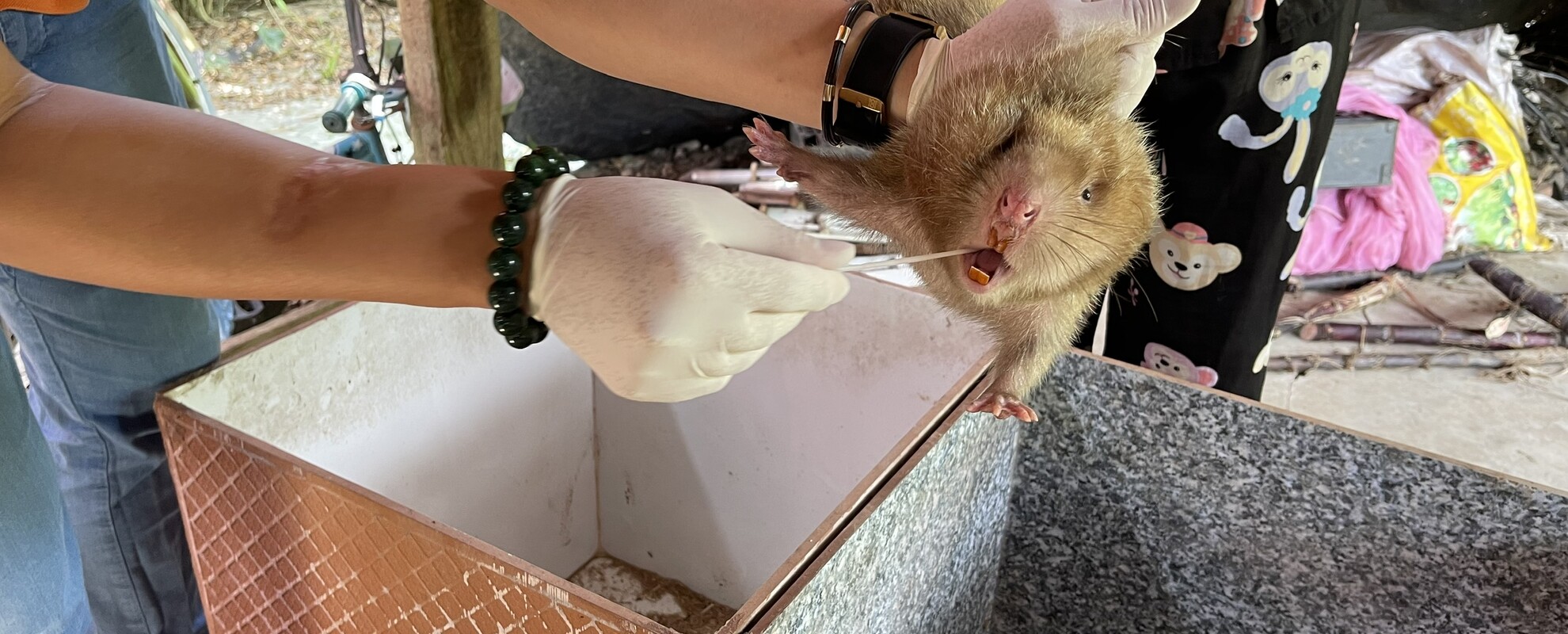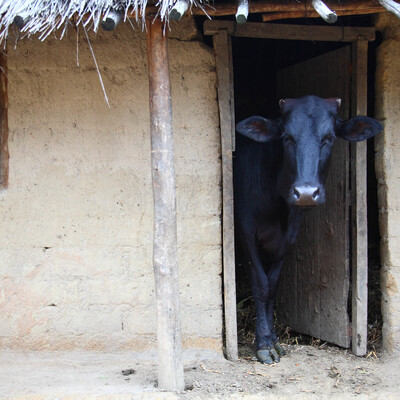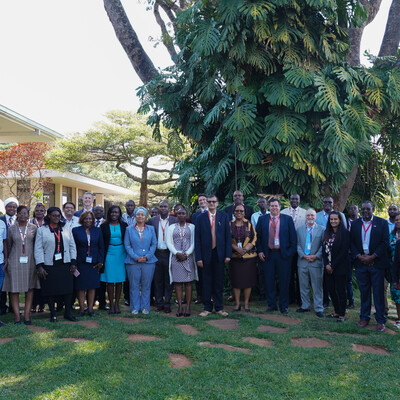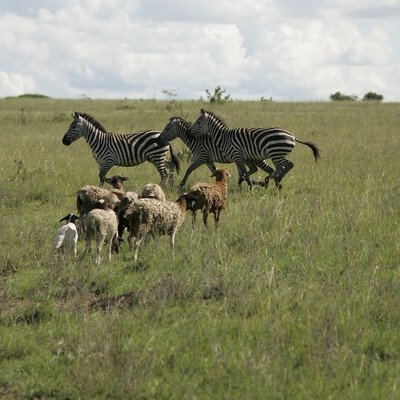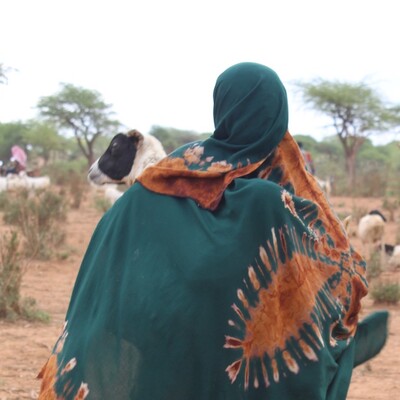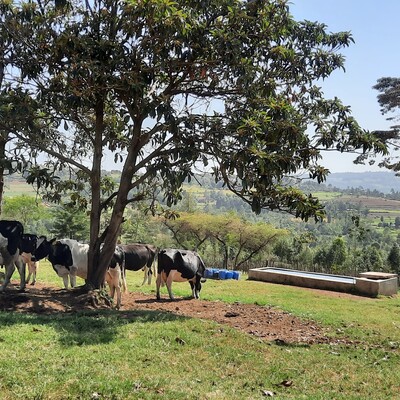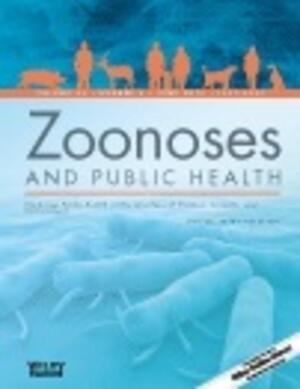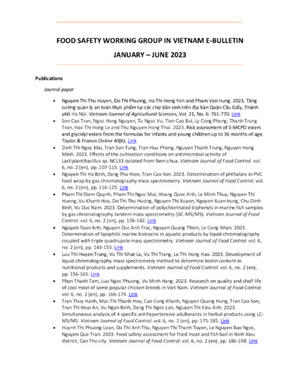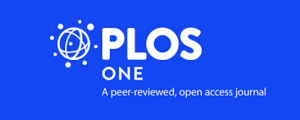
Collective efforts from a One Health approach to prevent zoonotic threats: ILRI's initiatives in Vietnam
On World Zoonoses Day 6 July 2024, we celebrate the efforts of the International Livestock Research Institute (ILRI) in collaboration with Vietnamese partners at different levels to implement research, capacity development and interventions towards preventing zoonotic diseases—illnesses that can jump from animals to humans. With rich biodiversity and close human-wildlife interactions, Vietnam faces significant risks from zoonotic diseases. These diseases not only threaten public health but also agricultural productivity and socio-economic development.
The CGIAR Initiative on One Health and the ICT4Health project started different studies focusing on (i) understanding pathogen circulation in wildlife farming and potential risk pathways of transmission, and (ii) enhancing animal health surveillance systems through mobile digital apps to link livestock farms and local animal health networks to address diseases including zoonoses.
CGIAR One Health Initiative: a One Health approach to assess zoonotic disease risk in Vietnamese wildlife value chains
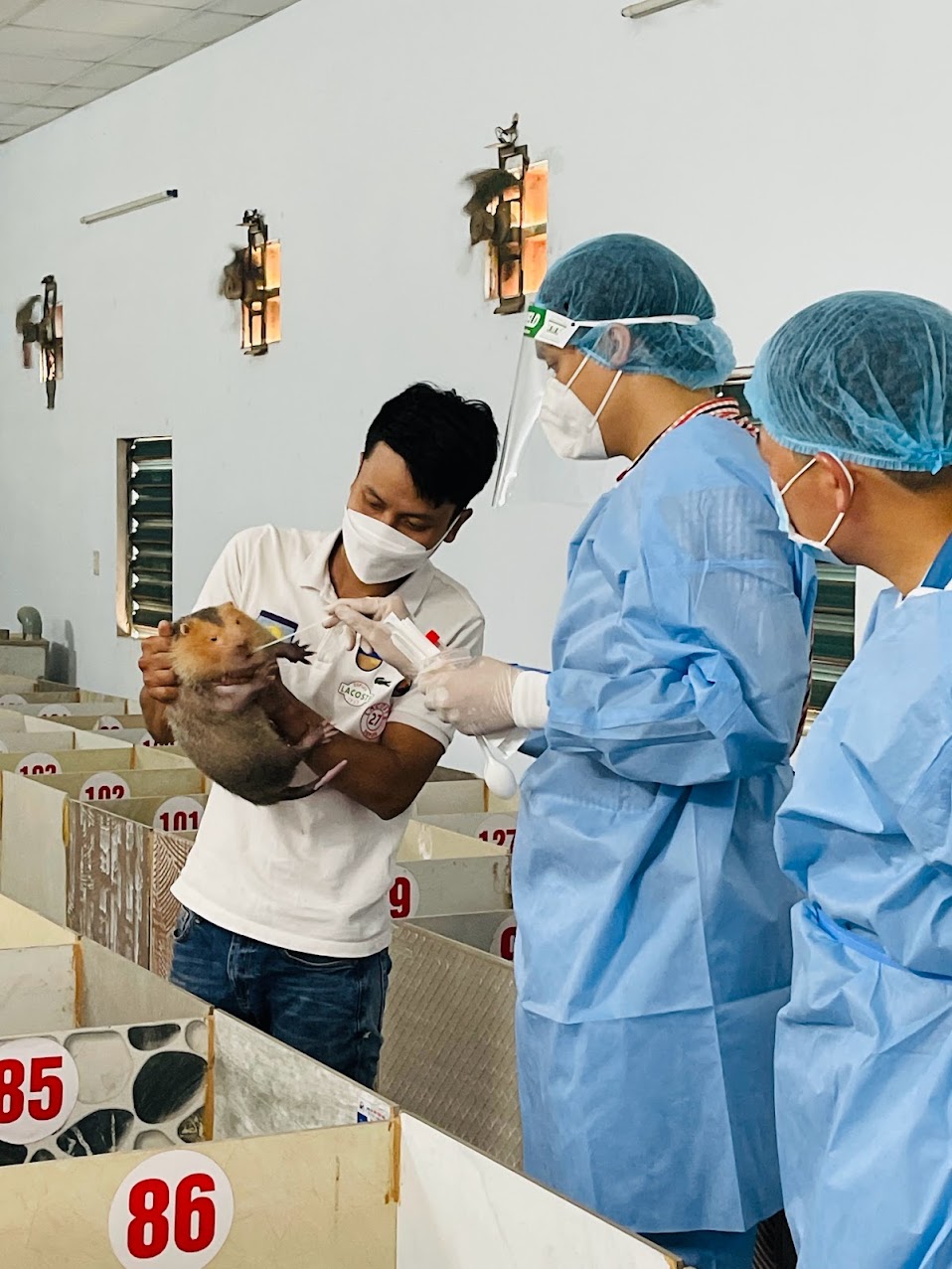
Under the CGIAR One Health Initiative, the zoonoses work package aims to identify high-risk pathways and develop targeted interventions to prevent the emergence and spread of zoonotic pathogens along the wildlife value chains. Embracing a One Health approach, we collaborated with provincial multi-sectoral teams representing animal health, public health and forestry protection to conduct a cross-sectional survey using mixed methods to obtain data from both human and farmed wildlife animals.
By studying wildlife farming practices and wildlife trade dynamics in Lao Cai (northwestern Vietnam) and Dong Nai Provinces (southern Vietnam), the interspecies transmission risks of priority zoonotic diseases (coronavirus, hantavirus and hepatitis E virus) can be assessed. This will be achieved by mapping wildlife value chains to identify critical points of disease spillover, determining the prevalence of specific zoonotic pathogens, and identifying potential risk factors for exposure and transmission risks. Findings from this research will inform the design of effective surveillance response strategies such as a risk assessment framework and risk mapping and strengthen Vietnam's capacity to manage zoonotic diseases.
ICT4Health project: Developing the FarmVetCare mobile application
The FarmVetCare mobile application was launched in December 2023 under the project ‘Improving human health through sustainable value chains in human-animal-environmental interactions using ICT in Vietnam’ - ICT4Health project.
The ICT4Health project uses technological innovations to improve disease surveillance and management in Vietnam. At the core of this initiative is the FarmVetCare app developed to empower local veterinarians and farmers to detect and respond to animal and zoonotic disease outbreaks in a timely fashion. This project is funded by South Korea’s Ministry of Agriculture, Food and Rural Affairs (MAFRA) and implemented by national partners and ILRI.
Prioritisation of zoonotic diseases for informed actions
Recent events co-organized by the National Institute of Veterinary Research (NIVR) and ILRI in Hoa Binh and Lao Cai provinces underline the importance of collaborative efforts in disease control. These workshops brought together stakeholders from health, veterinary and agricultural sectors to prioritize diseases of significant concern, such as rabies, avian influenza, leptospirosis and Streptococcus suis infection.
The workshops provided participants with tools and strategies to improve disease surveillance and response. Discussions focused on enhancing multisectoral coordination and strengthening community engagement in disease reporting and prevention efforts.
Future directions: Capacity development, community and policy engagement
ILRI is committed to advancing its work of promoting sustainable livestock practices and protecting public health in Vietnam. It will expand this experience to other countries in the region through regional initiative like the ASEAN-CGIAR Innovate for Food and Nutrition Security Regional Program. Key directions include:
- Capacity development: Continuing to train and equip local veterinarians with the skills and tools necessary to manage and mitigate zoonotic disease risks.
- Community engagement: Promoting partnerships with local communities to raise awareness about zoonotic diseases, promote best practices in livestock production, and encourage early reporting of disease symptoms.
- Research and innovation: Using technological advancements and scientific research to develop solutions for disease surveillance, diagnostics and prevention.
- Policy advocacy: Advocate research findings to policymakers to integrate One Health approach into national policies to better prevent, control and respond to emerging health threats.
(Written by Chi Nguyen, Ha Nguyen, Sinh Dang, Fred Unger Hung Nguyen with contributions from Annabel Slater)
Read more links:
Identifying priority animal and zoonotic diseases in northwest Vietnam for future action (ilri.org)





